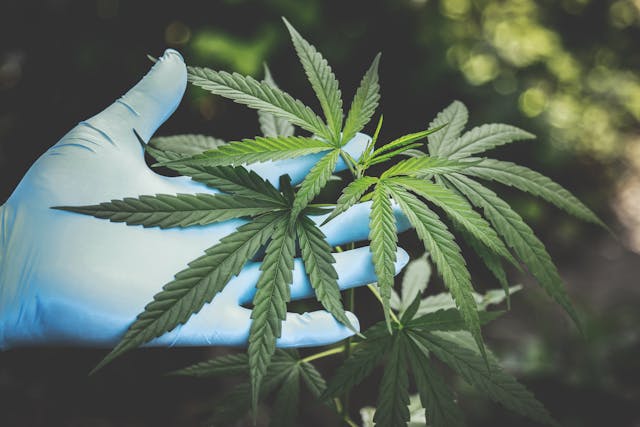August 9, 2024 — A recent groundbreaking clinical trial has provided the first evidence that cannabigerol (CBG), a lesser-known cannabinoid derived from hemp, could offer promising therapeutic benefits, particularly in reducing anxiety and stress. The trial, conducted by a team of researchers, represents the first human clinical study to evaluate the acute effects of CBG on anxiety, stress, and mood, shedding light on the potential of this compound as an alternative to conventional anxiety treatments.
The study’s findings are significant. CBG was found to reduce global feelings of anxiety and stress without causing any intoxication, cognitive impairment, or other subjective drug effects typically associated with cannabis use. This discovery is particularly noteworthy in the context of the rapid expansion of the legal cannabis market, where consumers are increasingly seeking out products with specific therapeutic benefits.
Key Findings
The trial revealed a significant decrease in anxiety among participants who received CBG. On a 10-point scale, participants reported an average reduction in anxiety of 0.95 points, equivalent to a 26.5% decrease from their baseline anxiety levels. In contrast, those in the placebo group experienced a 0.66-point reduction, representing a 22.5% decrease. These results suggest that CBG may have a more pronounced effect on reducing anxiety than the placebo, although further research is needed to fully understand the extent of its benefits.
Interestingly, the study also found that CBG had a significant effect on reducing subjective stress ratings, although the researchers noted that a larger sample size or higher dose might be necessary to detect more robust effects. The study’s use of a modest 20 mg dose of CBG was guided by anecdotal reports and standard doses found in commercially available products. However, the researchers suggest that future studies should explore higher doses to determine if they yield even greater therapeutic effects.
Another surprising finding was CBG’s impact on verbal memory. The study discovered that CBG not only avoided the common cognitive impairments associated with other cannabinoids like THC but also enhanced participants’ verbal memory. This enhancement was most evident in learning trials, where participants in the CBG condition recalled more words compared to those in the placebo condition. This unexpected result opens the door for further investigation into CBG’s potential cognitive benefits.
Implications and Future Research
Despite these promising results, the study’s authors caution that additional research is necessary to corroborate their findings. The trial was conducted with a relatively small sample of experienced cannabis users, and the researchers acknowledge that the effects of CBG might differ in a broader or more clinical population. Furthermore, the study was conducted remotely via Zoom, limiting the ability to monitor physiological indicators of stress and other potential side effects.
The researchers also highlight the need for future studies to explore the effects of CBG on patients with clinical anxiety or depression, as well as to investigate the potential interactions between CBG and other medications, such as SSRIs. Moreover, they suggest that future research should include a wider array of tests to better understand the full range of CBG’s effects on cognition and memory.
Overall, this pioneering study offers a glimpse into the therapeutic potential of CBG, positioning it as a promising candidate for managing anxiety and stress. However, the researchers emphasize that more extensive clinical trials are required to validate these findings and fully unlock the benefits of this intriguing cannabinoid.
Citation(s):
Cuttler, C., Stueber, A., Cooper, Z. D., & Russo, E. (2024). Acute effects of cannabigerol on anxiety, stress, and mood: A double-blind, placebo-controlled, crossover, field trial. Scientific Reports, 14(1). https://doi.org/10.1038/s41598-024-66879-0



